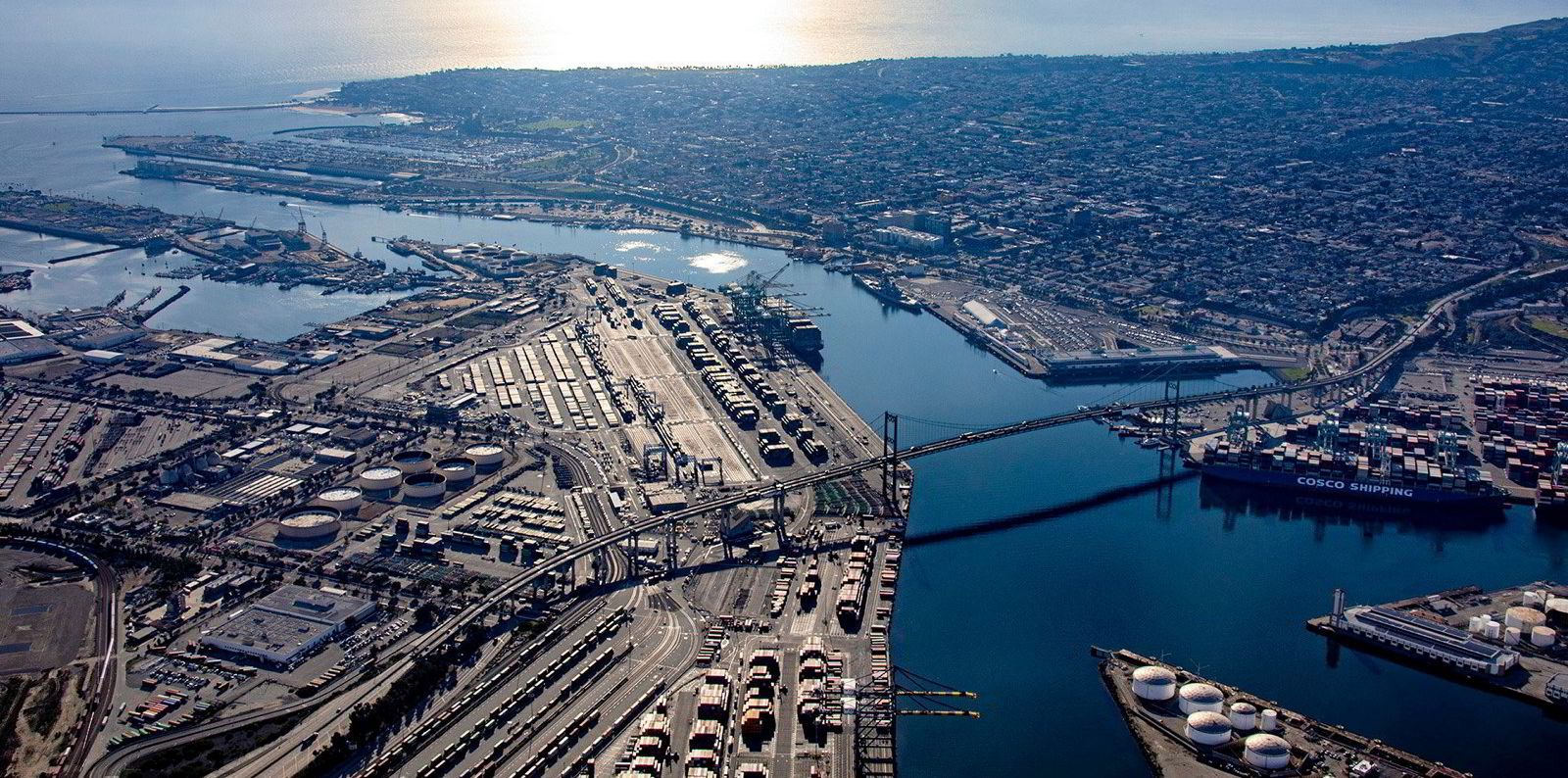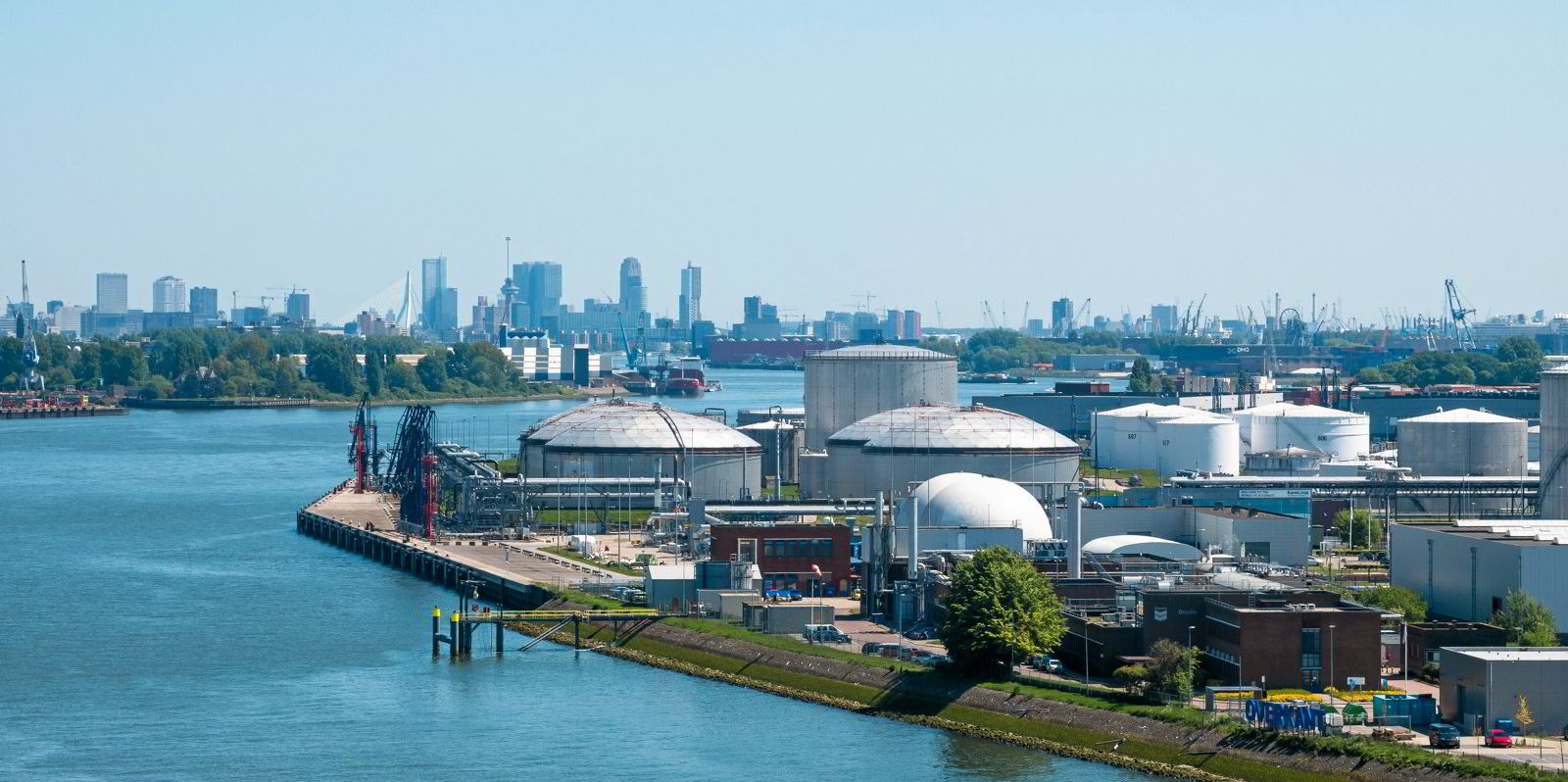Vopak plans to carry out major upgrades to its cement and liquid bulk terminals at the Port of Los Angeles as part of a long-term plan to remain at the facility for the next three decades.
The Dutch tank terminals operator has submitted a 104-page environmental impact study that includes project details and renderings to port authorities, who intend to solicit public feedback on the plan.
The proposed project also includes the port issuing a 30-year entitlement that will allow Vopak to keep operating two liquid bulk terminals across three berths and a cement import terminal in one berth for the next 30 years.
Neither Vopak nor the port disclosed any financial terms for the project that will entail making mooring, berthing and structural repairs and seismic upgrades to the liquid bulk terminal’s wharf and pipelines.
Calls to Vopak and the port were not immediately returned.
Vopak is making repairs to the liquid bulk terminal to rectify structural deficiencies that were discovered starting in 2010 during an ongoing state Marine Oil Terminal Engineering and Maintenance Standards audit.
The liquid bulk terminal can store up to 2.4m barrels of products that include jet fuel, marine fuel, sodium hydroxide, tallow, used cooking oil and biodiesel.
In 2021, the terminal had the capacity to unload either two tankers, one tanker and up to two barges, or three barges at the same time.
The project will also include carrying out upgrades and repairs to the cement import terminal that will allow it to maintain operations for the next 30 years.
Proposed upgrades to the cement import terminal are based on structural loading issues identified during inspections conducted in 2019 and 2021, according to the study.
The cement import terminal, which can take in 50,000-dwt bulkers, handled 505,600 tonnes of cementitious materials from 14 ships in 2007 but stopped running in 2009 as a result of the 2008 recession.
Vopak’s cement customer restarted operations in 2015 but has since encountered issues with the structural integrity of the terminal, the impact study stated.





